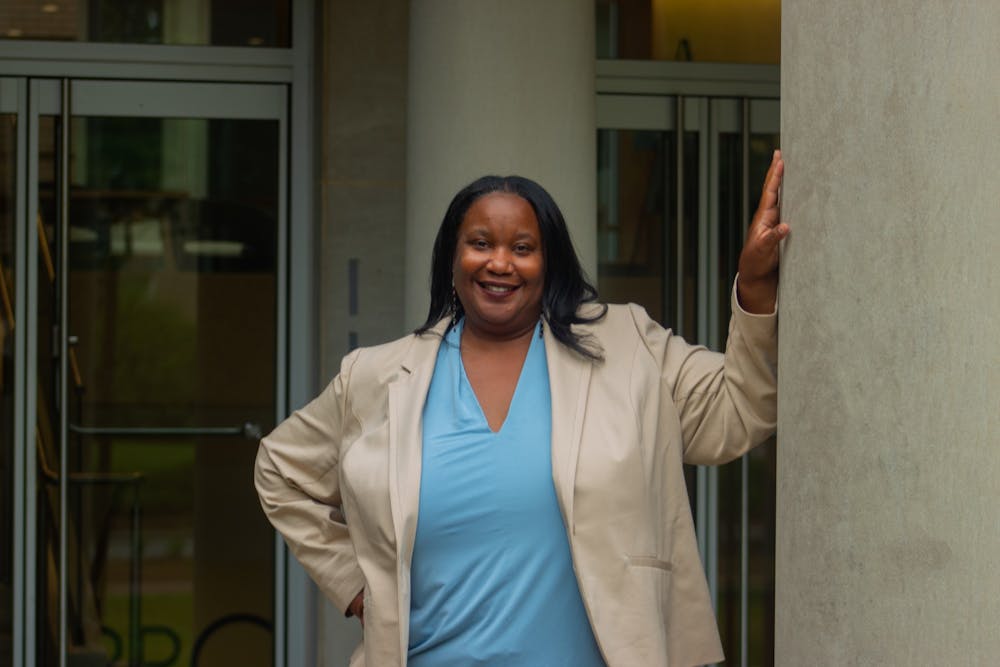The UNC School of Education was recently awarded a $2.27 million grant from the U.S. Department of Education to pursue a project that will increase the number of school counseling graduates in rural elementary and middle schools in North Carolina.
Dana Griffin is an associate professor in the school counseling program at UNC and the principal investigator of the grant-funded project called "Helping Heels — Expanding Access to Care and Improving Opportunities for Rural Schools in the Tar Heel State." The first cohort of students began the program in May.
The project aims to improve mental health and educational opportunities in rural schools and sends graduate students to a rural community for a yearlong internship. Afterward, the program assists them in seeking employment in these districts.
Griffin said that she chose to focus on schools in rural communities because her research indicates that they are often in high-need areas with huge opportunity gaps as seen in attendance, test scores and behavioral suspensions.
She said she also centered the project around school counselors to bring awareness to their role and how it has evolved over the last few years.
“I wanted to use this opportunity to put out there that school counselors are mental health professionals," she said. "They can be assets in the school that can work to address behavioral problems, as well as academic problems."
Manuela Perdomo, a graduate student in the school counseling program, discovered the project when she was applying to counseling schools with an interest in working in rural areas. Perdomo, originally from Georgia, worked in several Title I and rural schools and said she knew the program would be a perfect fit for her.
Through the program, she hopes to use her privilege to advocate for underrepresented students in rural areas.
Perdomo says she attended Title I schools in Gwinnett County, Ga., that were predominately Black and Latino. Having this experience and growing up Latina, she said that she didn’t have the same opportunities and resources, even compared to other schools within the same county.



